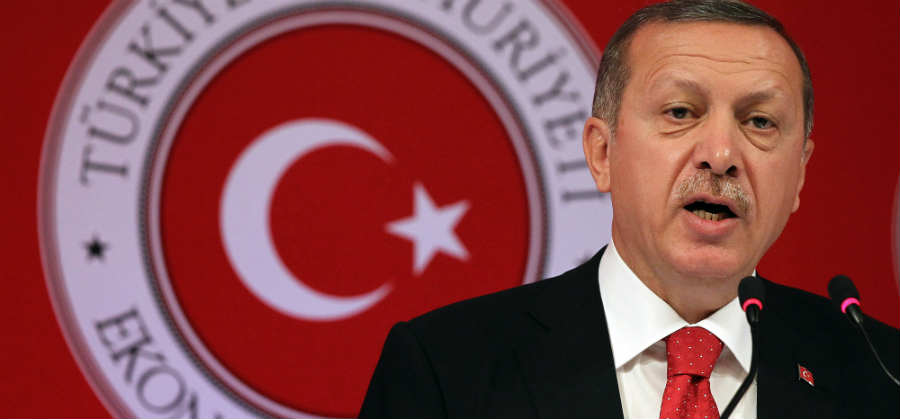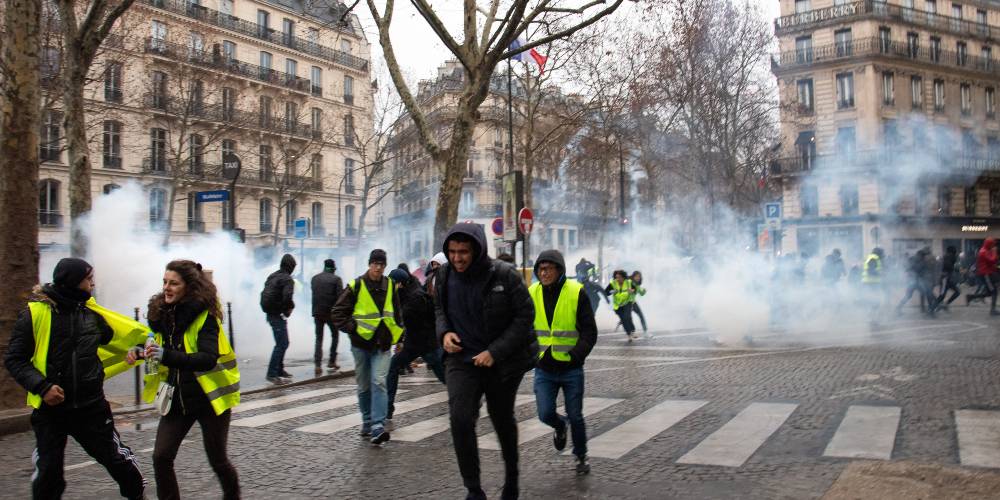BY SAEED NAQVI
The irony is that a handful of small minded men in England and France have set up a tragedy of epic proportions in the Libyan desert which the blind have not yet seen. It will take a latter day Joseph Conrad, with his sweep of colonial history and a steady gaze on the depth of the human soul, to put it all together. But lesser works will come sooner. At the moment events have numbed us all. Chaos will follow like a hurricane. The story will begin all over again.
It is a pity that Philistinism, an essential companion to unbridled Mammonism, has taken its toll of artistic creativity. Jack Keruak, Allen Ginsberg, Lawrence Ferlingetti, the great writers of protest, the Beat generation who cleared the air for the youth eruption at Haight Ashbury, the hippies who, despite their depravities, had the instinct to set up a platform for Ravi Shankar and Allah Rakha at Woodstock. That verve and spirit has not yet broken through the ranks of Occupy Wall Street. But that too will happen.
Remember, David Hare’s most pertinent play, Stuff Happens, was on London’s West End within months of Bush, Cheyney, Rumsfeld and Condi blundering into Iraq. Even as George W. Bush was campaigning for re election, the play Guantanamo was shaming the Washington establishment off Broadway. From Sardi’s Bar in New York’s theatre district, hoardings for “Enron”, America’s 2G, were going up.
The liberal conscience, in other words, has not exactly died in the midst of the West’s money making orgy. But what about the 5,000 year old civilization called India where Shah Rukh Khan’s Ra One is the only aesthetic enterprise? Enron, after all, took India for a ride. A government was cobbled up for 14 days so it could sign the Enron deal. Likewise scripts on the Qaddafi saga will follow as Stuff Happens did on Iraq.
Qaddafi must have heard stories from the elders of his tribe – how Libyans had to walk in drains at the sight of an approaching Italian soldier. Libya in those days was under the control of Ottoman Turks, a fact which explains the presence of a young Turkish officer, Mustafa Kemal Pasha (remembered as Ataturk) is several battles with the Italian occupiers. It was about this time that the legend of the Libyan hero, Omar Mukhtar was being born.
Two decades earlier, a 23 year old Winston Churchill, ranked a captain but a correspondent for the Morning Post graphically described the British exterminating “the Mahdi’s army in Sudan”.
But the Mahdi, Mukhtar and later, Qaddafi, were all victims of what Churchill called “the mechanical scattering of death which the polite nations of the world have brought to such monstrous perfection.”
I can see eyebrows being raised at Qaddafi being placed alongside a Libyan hero like Omar Mukhtar. Mukhtar challenged the colonialists for 20 years, until the Italians captured and hanged him in 1931. Well, Qaddafi was proud of his record: over 40 years he had defied the “imberialists” (imperialists).
Ofcourse he was vain, possibly even a narcissist contemplating himself as a Mao-Nasser amalgamation, a fountain head of wisdom contained in his unreadable Green Book. But (it must be added in parenthesis) there was something mesmeric about the theatrical way he carried himself, upright, which was a huge contrast to the obese Arab potentates seated on Western laps. He was audacious to the point of being cheeky: “Israel should have been settled in Alsaice and Lorraine!”
When the West’s very favoured were being blown away in the “Arab Spring”, how could the West permit the survival of a person whose entire persona over four decades has evolved in defiance of them.
Ofcourse, oil wealth, the miraculous Great river project, his record of support for Palestine, for the IRA, his brazen contempt for Saudi rulers, his unbreakable links with Africa were all good reasons for his termination. But what was totally unacceptable to the West was his fierce independence. He was realistic enough to notice the currents of history. That is why he made peace with the West once the Soviet umbrella was torn to shreds. And yet he could not help hoping that the trend could be reversed. When he asked Atal Behari Vajpayee to initiate moves for a reunification of India, Pakistan and Bangladesh, it was a crazy dream and he knew it. “I know, I know” he said “But remember they make us fight to remain powerful. We should unite and take them on.”
Did he have a premonition of his eventual end when Ronald Reagan had Tripoli bombed in 1986. “If they gill” (kill) me, they will not know where to bury me because “beoble” (people) will find my grave.”
So, after much procrastination they have put him away in a secret location in the great Sahara desert where in compulsive reversal to his beduin roots, he sometimes pitched his tents with his camel in tow. And now they will not let his son Saif ul Islam live: he knows too much.
(Saeed Naqvi is senior Indian journalist, television commentator, interviewer, and a Distinguished Fellow at Observer Research Foundation. Mr. Naqvi is also a mentor and a guest blogger with Canary Trap)



